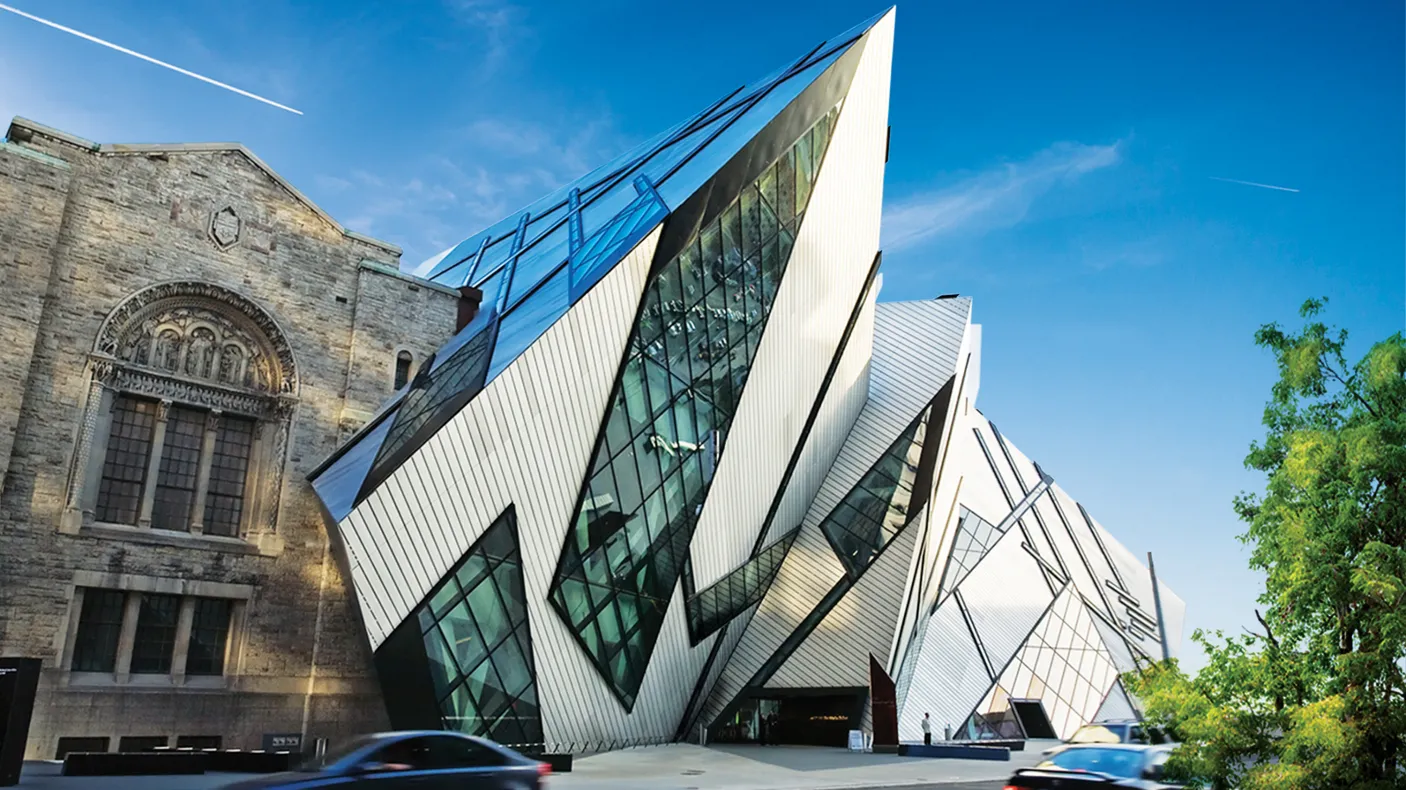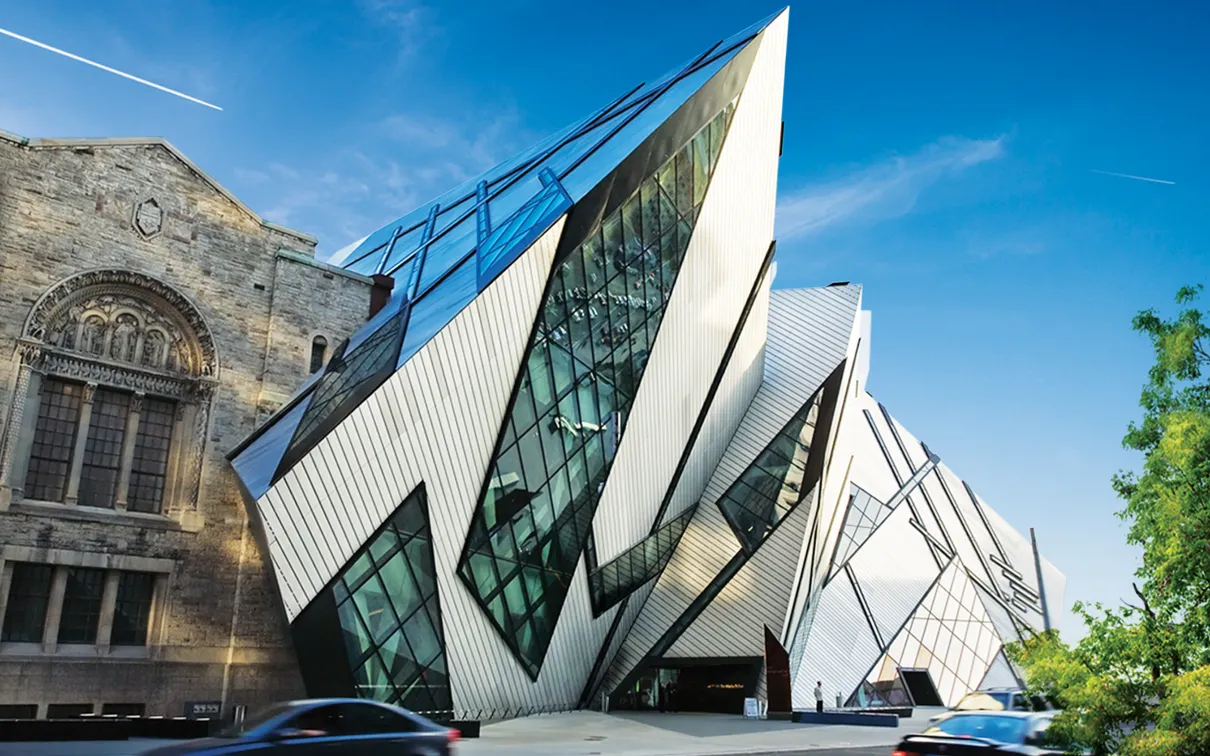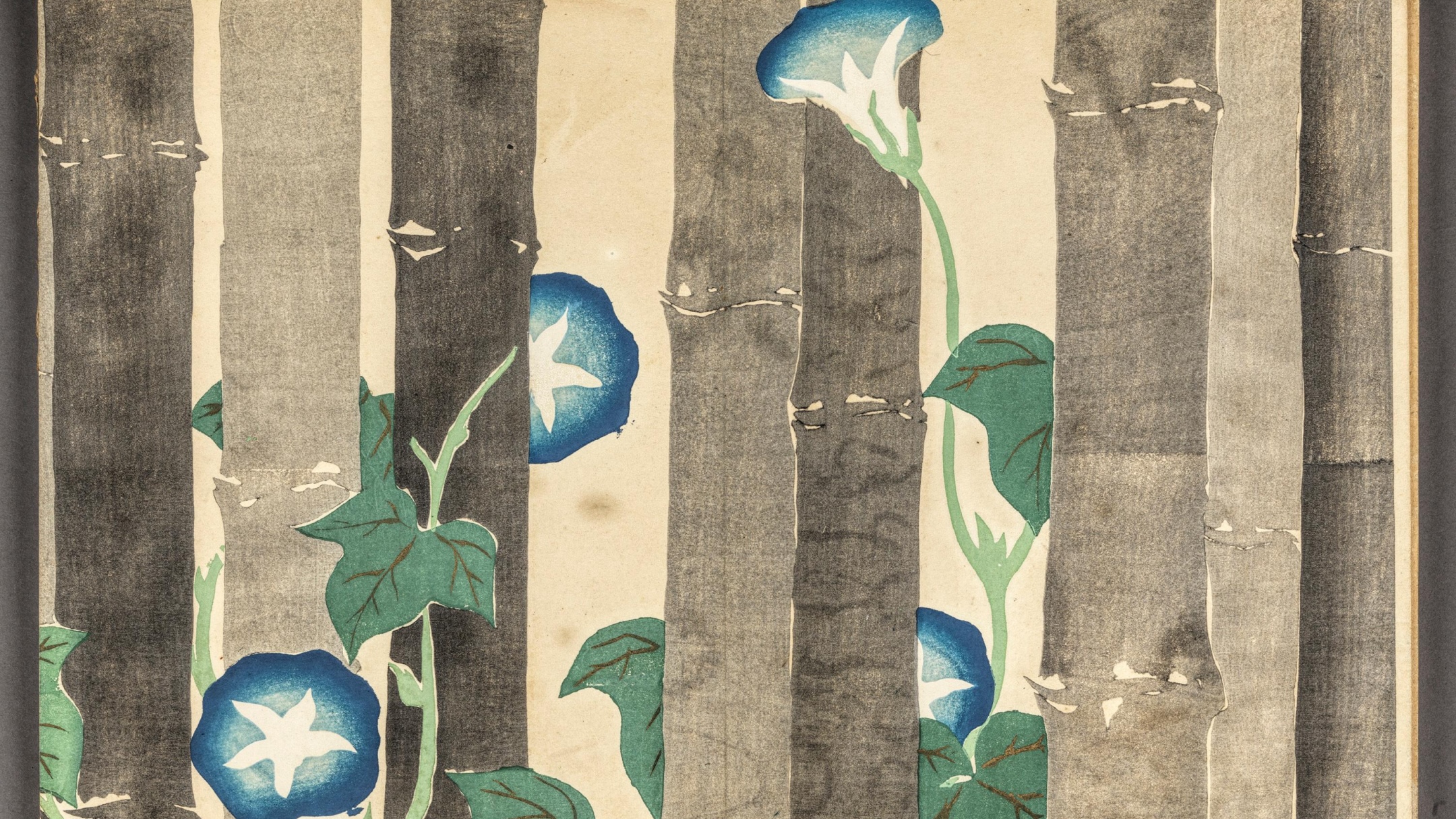Of Africa at the ROM. Exploring the complexity of African and Diasporic experience.
Published
Categories
Author
Blog Post

The third week of October marked the launch of the three-year multi-platform project Of Africa: a rich and thought-provoking series of talks and performances entitled Histories, Collections, Reflections.
Led by independent curators Julie Crooks and Dominique Fontaine and myself, Of Africa is a program that stems from discussions and conversations among the members of the ROM’s curatorial team, and an advisory committee of artists, scholars and curators and various community partners. At its core, Of Africa aims to start a dialogue and engage visitors to the ROM with the voices, stories, histories and cultures of Africa and its Diaspora.

When Julie, Dominique and I were thinking of Of Africa, we felt very strongly that we should strive to introduce a multiplicity of voices that could speak to the diversity of the African continent. We wanted to invite the public to engage, not with a simplified idea of “Africa”, but with the vitality and complexity of contemporaneity throughout the continent. This could not be achieved with one exhibition but required more sustained, long-term and dynamic programming that would build momentum and tell a multitude of stories (and in the process avoid what Chimamanda Ngozi Adichie has defined “the danger of a single story”).
On October 23, Binyavanga Wainaina, one of the most prominent young authors and cultural activists of the African continent and a very vocal advocate for the complexity of African contemporaneity, kick-started the three-day event at the ROM with a talk entitled I Am An Imaginer: Riding Africa’s Glorious Terrible Hurricane. Through metaphors, images, life recollections, and storytelling Wainaina evoked the vitality and energy of the contemporary African cultural landscape where ideas become connectors of communities of interest formed through urban public spaces and social media platforms.

In the following two days, 20 invited speakers, activists, scholars, artists, curators from Africa, Europe and North America presented inspiring reflections on different ways of engaging with the presentation and representation of African and diasporic arts, cultures, and political issues. The scholarly, artistic and curatorial talks were preceded and framed by a panel entitled “Learning from Into the Heart of Africa” where former activists Afua Cooper, Geraldine Mariba, Yaw Oluwasanjo Akyeaw, and Dan Rahimi (the ROM’s former VP for Programs and a curator at the ROM in the late 1980s) reflected on the lasting legacy of the oft-quoted controversy that was sparked by the ROM’s 1989 exhibition Into the Heart of Africa.

This exhibition, meant to critically explore the colonial premises of museum collecting in Africa, generated harsh controversy which altered the life of many people and created a very strong fracture with the African Canadian community. In the exhibition, images and words presenting the fundamentally racist mindset of early collectors were not countered by an equally powerful and explicit counter-narrative. Given the problematic colonial and Eurocentric premises of museums as institutions, this subtle critical approach could reasonably be interpreted as another instance of the same violence and racism that the exhibit intended to criticize.
The Of Africa project is conceived purposefully to challenge at every step monolithic representations of Africa, museum collections, and colonial histories by broadening the discussion and presentation of what constitutes Africa and African art. We are very conscious that this project does not originate in a vacuum but needs to learn from and build on the past. In a way as James Baldwin notes, “To accept ones past…ones history – is not the same as drowning in it; it is learning how to use it.”
In line with this vision, Nástio Mosquito’s multimedia and spoken word performance African, I Guess provided an inspiring closure to our three day event. With his ironic and provocative act, Mosquito reminded us of the need for collaboration, memory, self-awareness, and courage to act creatively as the way to challenge stereotypes and absolute truths.

Of Africa will continue to manifest itself through displays in the permanent galleries, temporary exhibitions, talks, workshops and pilot projects.


